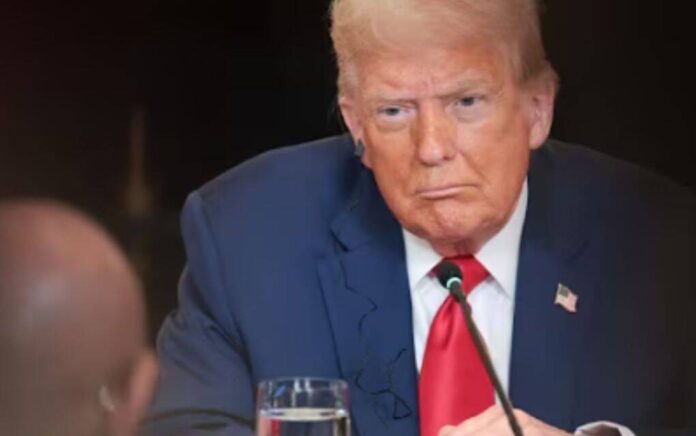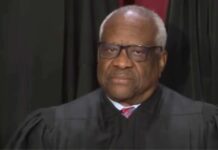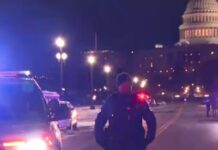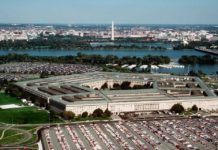
America’s allies are getting hesitant. But now is the time for action.
But a foreign intelligence agency cut ties with the US and now all hell is breaking loose.
UK’s Intelligence Pullback Hampers Bold U.S. Assault on Caribbean Drug Cartels
America’s aggressive campaign to dismantle narco-trafficking networks flooding U.S. streets with deadly fentanyl and cocaine has hit a snag, as the United Kingdom quietly halted intelligence sharing on suspected drug vessels more than a month ago, amid qualms over the escalating lethality of U.S. operations that have neutralized over a dozen boats and eliminated 76 traffickers.
Defending American Lives: Trump Strikes Target Maduro-Backed Smugglers in High-Seas Showdown
For years, the U.K.—overseeing key Caribbean outposts—partnered with the U.S. to pinpoint smuggling routes, enabling Coast Guard interdictions that kept poisons off American shores. But with the Trump administration’s shift to decisive strikes, British officials grew uneasy, fearing their tips could aid in what they deem unlawful takedowns of vessels tied to Venezuelan strongman Nicolás Maduro’s narco-empire.
Trump administration officials have defended the strikes, saying the drug traffickers are “operating under the control” of Venezuelan dictator Nicolás Maduro.
The intelligence blackout, which kicked in as U.S. forces ramped up precision hits, underscores a rare ally rift, even as the White House insists these actions shield communities from the opioid crisis ravaging American families.
Legal Backbone for U.S. Resolve: Precedents Affirm President’s Authority to Counter Threats
While some international voices and former officials cry foul, American legal scholars rally behind the strikes as a vital exercise of executive power to repel imminent dangers to the homeland, rejecting comparisons to unrelated terror precedents and affirming decades of presidential precedent.
Some legal experts, however, have questioned President Donald Trump’s authority to act on the threats without congressional approval.
Brian Finucane, a former State Department legal adviser, recently told The Daily Wire that “the strikes are not legal” and lack justification.
“The precedent that this administration seems to be invoking are strikes the U.S. has taken over the course of the last 20-plus years in the context of the U.S. war on terror against groups like Al Qaeda and ISIS,” he said. “But those precedents are really irrelevant and a red herring with respect to the strikes we’re seeing in the Caribbean and now the Pacific.”
“For the first time, the U.S. government designated criminal entities, drug trafficking organizations as foreign terrorist organizations,” he explained. “But those assertions seem to be undermined by the U.S. Intelligence community.”
Dr. Nicholas Creel, law professor at Georgia College and State University, believes the strikes are legal, pointing to roughly five out of 30 examples of “instances where we moved first and somebody died” where the president actually received congressional approval.
“What a lot of people lose in this is if we do agree that the president has the authority to respond to attacks, who is it that gets to define an attack is? It has to be the president,” Creel said. “It necessarily cannot be Congress.”
“That’s why we chose this word to give the president the authority to respond to these attacks so it has to be that decides what this attack is. And if you or I think this is not an attack, fine, but we’re not the president.”
He continued: “Pretty much every president since FDR would have to have been said to have acted unconstitutionally in terms of the war powers, which seems a bit odd. If it’s that common a practice, is it really, I mean, just because people are doing it doesn’t mean it’s legal, but at the same time, if everybody is basically doing it? Is it really illegal?”



















